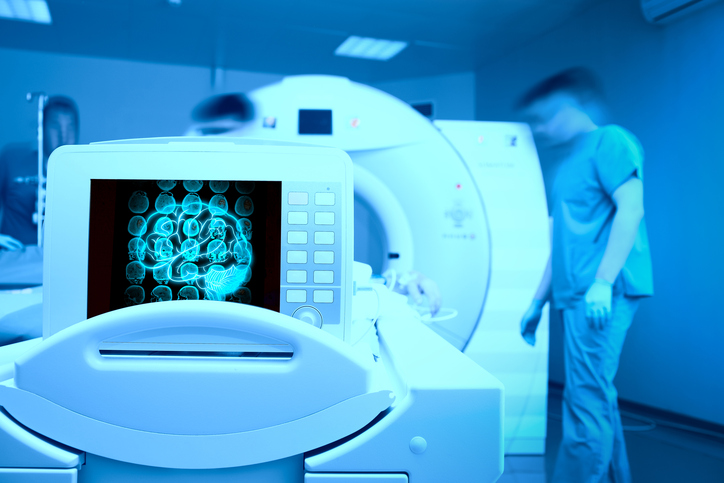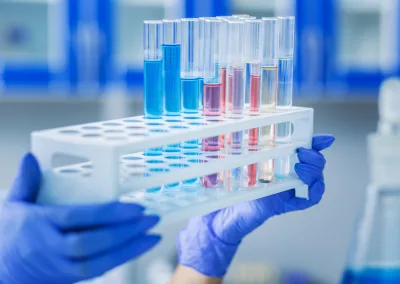Posted By: Stephanie Bouzounis, Senior Communications Specialist
Medical devices – like we mentioned in last week’s blog – fall into one of three classes: Class I, Class II, and Class III. Class I devices are low risk, and include over-the-counter items found at a pharmacy such as adhesive bandages or latex gloves. Class II devices, or moderate risk devices, do not treat potentially fatal diseases, but can cause harm if misused. Class III devices are high risk and include implantables, such as stents, pacemakers, or hip replacements. Ninety days before a medical device manufacturer plans to go to market with a new device, a premarket notification or 510(k), must be filed with the FDA. During this period, the FDA determines if there is an equivalent device on the market to compare it to, and what classification the device would fall into. But what happens if no equivalent device exists?
Prior to 1996, the device would automatically be classified as Class III and have to undergo a Premarket Authorization (PMA). However, the FDA Modernization Act of 1997 (FDAMA) changed this by introducing the De Novo pathway. The De Novo pathway is an alternative pathway to market for low to moderate risk devices with no substantially equivalent devices, receiving automatic Class III classification and requiring PMA submission. The FDA Safety and Innovation Act (FDASIA) of 2012 expanded on the de novo pathway by creating a new direct process. Instead of medical device manufacturers submitting a 510(k) first, they can submit a direct De Novo petition. The draft guidance released in August 2014 details what should be included in the De Novo submission, which is the device description, recommended classification with justification, risks and benefits of the device, and general special controls that would provide reasonable assurance of safety and effectiveness. The De Novo process also has a 120-day review period which actually reduces the waiting time manufacturers originally faced. Pre-Submissions (Pre-Sub) meetings are encouraged, so the device manufacturer can receive FDA feedback prior to their de novo submission.
There have been some updates to the De Novo pathway in 2018. The Medical Device User Fee Amendments (MDUFA) increased the price for the de novo process to $93,229 with a small business fee of $23,207. On December 26, 2017, the FDA released a draft guidance on the Breakthrough Devices Program, which expands upon the Expedited Access Pathways Program (EAP). Before addressing the Breakthrough Devices Program, here is what is required for a device to be eligible for an EAP designation: it must meet the criteria of providing more effective treatment or diagnosis of life threatening or debilitating disease, as well as represent breakthrough technologies, no approved alternatives exist, offer clinically meaningful advantages, or the availability is in the best interest of the patients. The Breakthrough Devices Program includes this, but also expands upon these principles by requiring device manufacturers to indicate which submission type they intend to submit (PMA, 510(k), or De Novo), and clarifying that when a Breakthrough Device has been approved or cleared and has a De Novo request granted, no other devices with the same intended use will be designated as a Breakthrough Device. A sponsor can request withdrawal from the Breakthrough Devices Program, but the FDA will not withdraw designation on the basis of another Breakthrough Device or a device given priority review under 515(d)(5) of the FD&C Act with the same intended use of receiving a PMA, have a De Novo request granted, or receiving 510(k) clearances.
The advent of new technologies has been adopted into the medical device industry. This has created innovative ways of treatment, with potentially no equivalencies on the market. The enhancements made by the FDA to the medical device approval process fall in line with their mission to get new technology in the hands of patients.
Have a question that is not answered here? Give us a call at (248)-987-4497, or email info@emmainternational.com.
For more information on medical devices, check out these blogs on our website:





